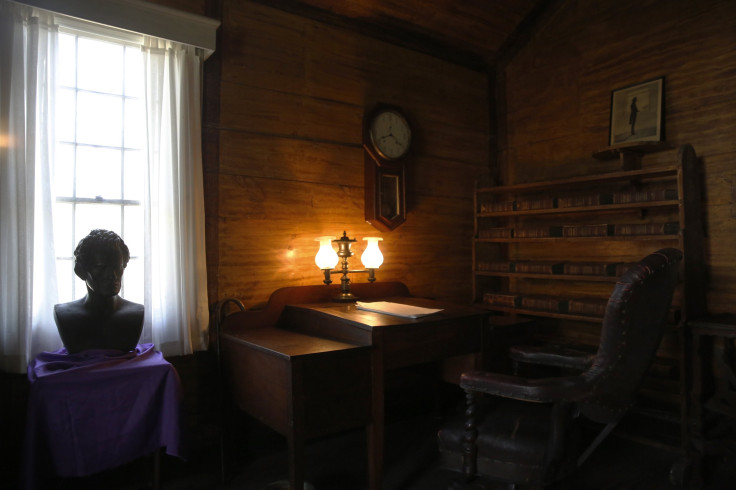Who Is John C. Calhoun? Yale To Remove Slavery Defender, Former Vice President’s Name From College, Renames It After Computer Scientist Grace Murray Hopper

Yale University is set to change the name of its undergraduate residential college — Calhoun College — honoring former U.S. Vice President John C. Calhoun, who was also a prominent supporter of slavery. The college will be renamed after computer scientist and Navy Rear Admiral Grace Murray Hopper.
The removal of Calhoun’s name from the college has been a simmering issue for years but last April the university’s president said the school will keep the name. However, in August, an advisory panel was appointed to discuss whether the change should be brought in.
“The decision to change a college’s name is not one we take lightly, but John C. Calhoun’s legacy as a white supremacist and a national leader who passionately promoted slavery as a ‘positive good’ fundamentally conflicts with Yale’s mission and values,” Yale President Peter Salovey said in a statement Saturday.
Born in 1782, Calhoun was a South Carolina congressman who went on to serve as U.S. secretary of war, the country's vice president, along with a brief stint as secretary of state. An alumnus of Yale — 1804 B.A., 1822 LL.D — the university said Calhoun “helped enshrine his racist views in American policy, transforming them into consequential actions.”
Instead of looking at slavery as a “necessary evil” — as propagated by other southern politicians — he said it was a “positive good” that was important for Republican institutions and for the best of those enslaved, the university said in the statement.
The university’s president, however, maintained that symbols of Calhoun on campus will not be discarded in order to preserve Yale’s 300-year history. This has not been taken well by a number of people and Chris Rabb, a 1992 Yale graduate, told the Associated Press on Saturday: “I’m underwhelmed.”
“This choice makes no corrective move toward reconciliation in light of not just the legacy of John C. Calhoun, but Yale University's ties to slavery and systemic racism,” said Rabb, who is a state representative in Pennsylvania, as well as the co-founder of an alumni network for black Yale graduates.
© Copyright IBTimes 2025. All rights reserved.






















